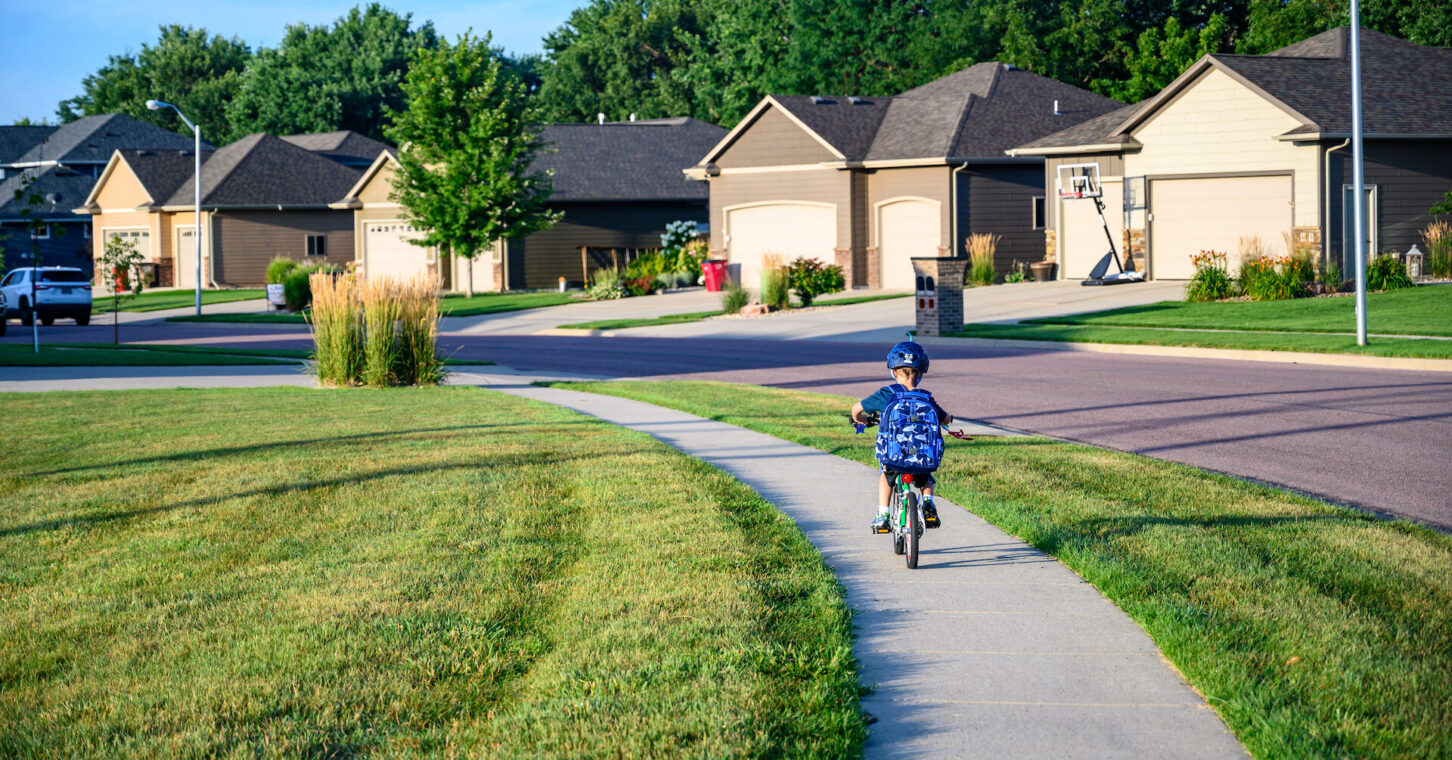
Writer’s Note: Higher costs of groceries, gasoline, and housing, along with higher interest rates, have forced Georgians to get by with less money in their bank accounts. At the same time, rapidly rising home values are boosting government revenues while increasing property taxes…unless local governments adopt the “rollback rates” that keep taxes the same from the prior year.
Below is a sampling of what’s happening in certain cities and counties around the state.
City of Sandy Springs: Sandy Springs Council members have proposed a millage rate of 4.731 mills.
That amount, according to RoughDraft Atlanta, equates to an 8.01 percent tax increase because it will not be revenue neutral compared to fiscal year 2023.
City of Snellville: The city of Snellville is holding its property tax rate steady at 4 mills, according to the Atlanta Journal-Constitution.
That could cause an increase in the tax bill for some residents with higher assessed property value over the previous year.
City of Ringgold: Ringgold City Council members voted this month to maintain the 3.094 millage rate for the city of Ringgold.
An unnamed official with the City of Ringgold said this was a property tax increase.
WDEF reported that that hearing took place Aug. 14.
Dougherty County Board of Education: The property tax rate for school taxes in Dougherty County has fallen below 18 mills for the first time in 21 years.
As reported by WALB, the new rate is 17.993 percent. Under the new rate, you’d save a little over $8 on a $200,000 home.
City of Senoia: Senoia City Council members this week voted to set the same millage rate as last year, 4.587 mills.
This is according to the Newnan Times-Herald.
“The millage rate of 4.587 mills will bring in more revenue for the city as the tax digest has increased this year,” the paper reported.
Carrollton City Schools Board: Members of the Carrollton City Schools Board of Education recently voted to tentatively maintain the current rate of 18.5 mills, the same millage rate as 2022.
This is according to the Times-Georgian.
“The city school system millage rate has not been raised during the past 11 years,” according to the website.
Carroll County: Members of the Carroll County Board of Education voted unanimously this week to lower the school system’s 2023 millage rate from 17.5 mills to 17.0 mills.
This is according to the Times-Georgian.
“The drop of one-half mill marks the second time in as many years and fifth reduction initiated by the board since 2011 when the rate was 19.6 mills,” the website reported.
Macon-Bibb County: Macon-Bibb Mayor Lester Miller is recommending a property tax rate cut of about $10.7 for every $1,000 in property value.
That’s more than $7 less than the current rate.
“Most of that will happen due to Bibb County voters passing a special sales tax,” according to WMAZ.
“Miller promised a 5-mill rollback if that happened. The rest is possible due to rising property values.”
City of Richmond Hill: Richmond Hill officials want the millage rate to remain at 4.132.
This is according to WTOC.
“Although Richmond Hill is proposing that the millage rate stays the same, councilmembers say taxpayers may still be seeing an increase,” the station reported.
“That’s because millage rates are based on the property value of people’s homes, and with inflation, along with sky high demand, property values for most homes in Richmond Hill have gone up making the taxes you pay increase.”
Oconee County: Many Oconee County property owners will see an increase in their property tax bills, according to WUGA.
“After hearing from around a dozen Oconee residents opposed to the move, the county’s Board of Education voted unanimously for a millage rate of 15.0 mills. However, because of rising property values in the county, the rate will result in a tax increase of 9.53 percent,” the station reported.
“Property taxes account for about $45 million of the expected $103.8 million in revenue coming into the school district. State funding accounts for much of the rest. While the school district expects to pull in nearly $104 million in revenue, they plan to spend nearly $106 million. The overage will be funded by the district’s healthy cash reserves.”
